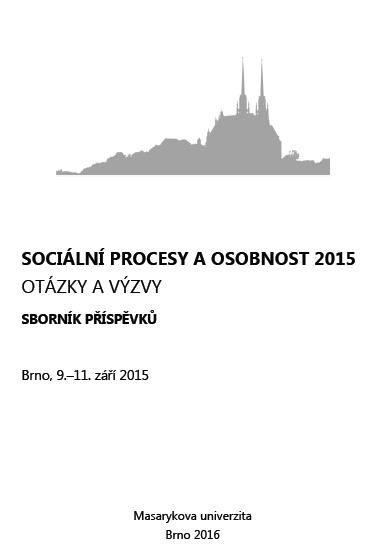Úloha serendipity vo vedeckom myslení
The role of serendipity in scientific thinking
Author(s): Imrich Ruisel
Subject(s): Cognitive Psychology
Published by: Masarykova univerzita nakladatelství
Keywords: serendipity; thinking; decision making; chance;
Summary/Abstract: Serendipity is a „good luck“ or as a „pleasant surprise“. The concept introduced into English literature Horace Walpole by Persian fairy tales from the 10th century, whose heroes on the road appeared by chance and wit something not sought. To scientific thought in the 19th century this concept by chemist Eduard Solly was introduced. Serendipity is associated with such important discovery, as was Newton´s law of gravitation and the discovery of penicillin by Fleming and so on. At present, the serendipity discussion when considering the role of chance in science. Often overlooked role of wit in combining seemingly neutral facts to bring about valuable conclusions. Therefore, successful scientists through serendipity phneomena can generate activities that will bring important insights. Basically, there is a connection between the targeted learning with an unexpected accident. The serendipity occurs especially among scientists working together in an environment that enables communication, search of alternatives research and discovery of new application. Often there is a significant progress in cognition, which now leads to the development of related technologies.
Book: Sociální procesy a osobnost 2015. Otázky a výzvy: Sborník příspěvků
- Page Range: 321-324
- Page Count: 4
- Publication Year: 2016
- Language: Slovak
- Content File-PDF

